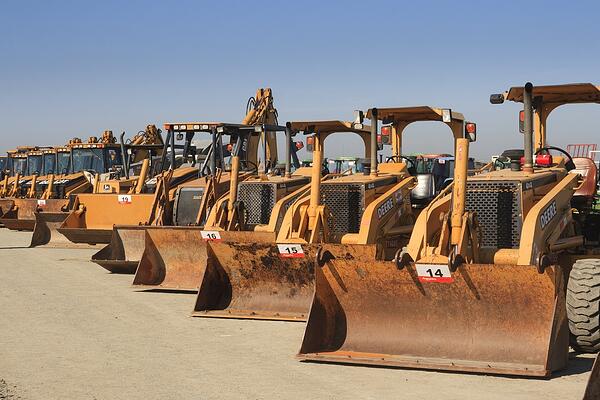Industrial machinery plays a crucial role in various sectors, from manufacturing and construction to agriculture and mining. Buying industrial machinery at auction can be a cost-effective solution, offering potential savings and a wide range of equipment options. However, participating in an auction requires careful planning, research, and knowledge to ensure a successful purchase. In this article, we will provide a comprehensive guide on how to buy industrial machinery at auction.
- Research and Preparation
Before delving into an auction, it’s essential to conduct thorough research and prepare adequately. Begin by identifying your specific machinery requirements and determining the type, size, and condition of the equipment you need. This will help you narrow down your options and make informed decisions.
Research reputable auction houses and websites that specialize in industrial machinery auctions. Pay attention to their track record, reputation, and customer reviews. Familiarize yourself with their terms and conditions, including registration requirements, bidding processes, and payment methods.
- Inspection and Evaluation
One of the critical steps in buying industrial machinery at auction is inspecting the equipment. Most auctions offer preview days or viewing periods where potential buyers can examine the items up for bid. Take advantage of these opportunities to assess the machinery’s condition, functionality, and any visible signs of wear or damage.
If you lack technical expertise, consider bringing along a knowledgeable professional or a trusted mechanic who can inspect the machinery thoroughly. They can help identify potential issues and provide an estimate of repair costs, ensuring that you make an informed decision.
- Setting a Budget
Establishing a budget is vital to avoid overspending at an auction. Determine the maximum amount you are willing to spend on the machinery, taking into account additional costs such as transportation, insurance, and potential repairs. Stick to your budget throughout the bidding process, and resist the temptation to exceed it due to competition.
- Pre-Auction Preparation
Before the auction day, ensure that you are registered with the auction house and have all the necessary documentation, such as identification and payment details, in order. Familiarize yourself with the auction rules and bidding increments to avoid any confusion during the event.
Compile a list of industrial equipment you are interested in, noting down the lot numbers and their corresponding maximum bids. This will help you stay organized and focused during the auction, preventing impulsive decisions or missed opportunities.
- Bidding Strategies
During the auction, it’s crucial to employ effective bidding strategies to increase your chances of success. Start by observing the bidding patterns and behavior of other participants. This will give you an idea of their interest and budget limitations.
Consider setting an initial bid that is below your maximum budget to gauge the level of competition. Gradually increase your bids if necessary, but always stay within your predetermined limits. Avoid getting caught up in bidding wars, as this can lead to inflated prices and overpaying for the machinery.
- Post-Auction Procedures
If you are the winning bidder, promptly complete the required paperwork and payment process according to the auction house’s guidelines. Ensure that you have a clear understanding of the terms of sale, including any applicable taxes or fees.
Arrange for the transportation of the machinery to your desired location. You may need to hire professional movers or coordinate with a shipping company to ensure the safe delivery of the equipment.
Conclusion
Buying industrial machinery at auction can be a rewarding and cost-effective method for acquiring the equipment you need. However, thorough research, careful evaluation, and strategic bidding are essential to making successful purchases. By following the guidelines outlined in this article, you can navigate the auction process with confidence and secure the industrial machinery that meets your requirements while maximizing your investment.






